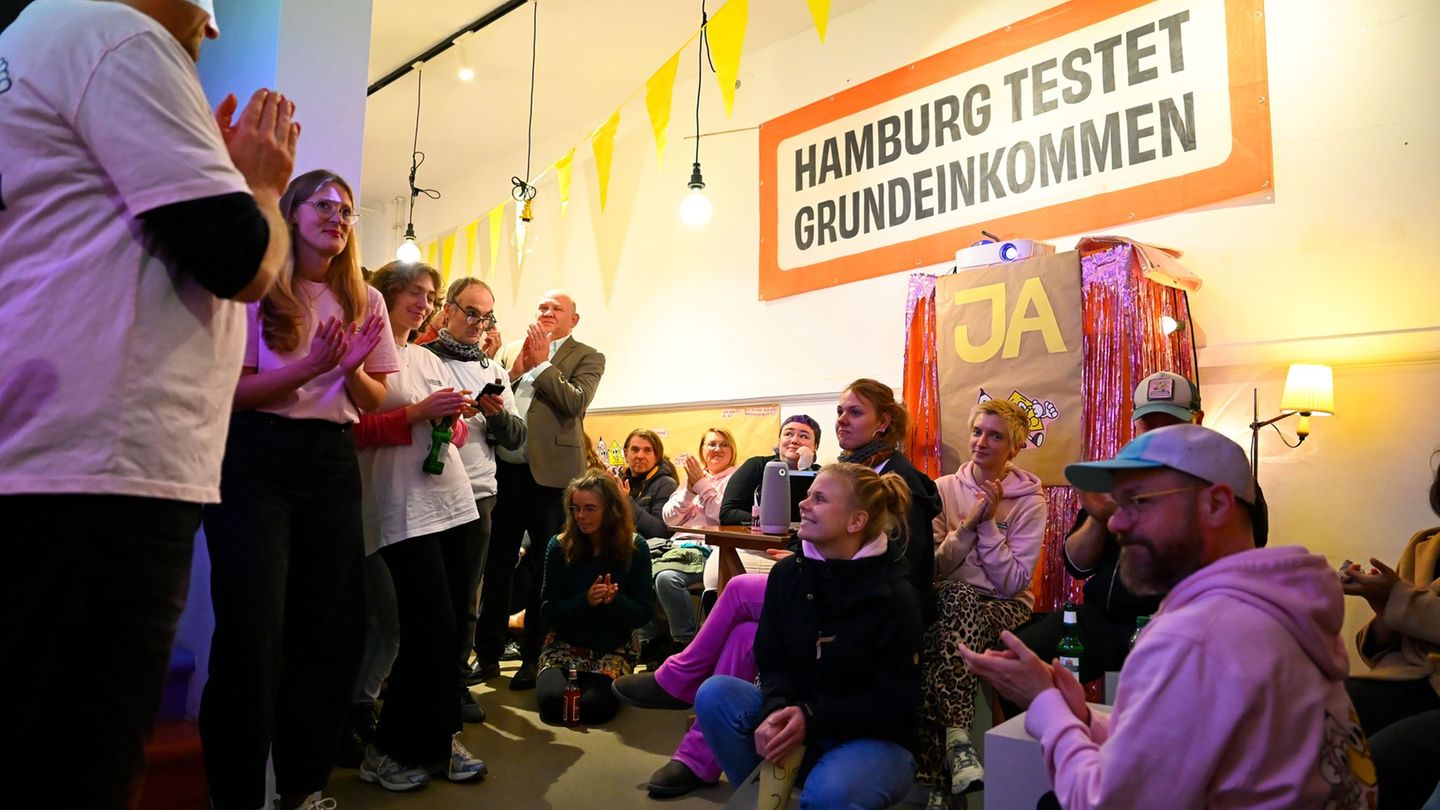Menu
Car manufacturer: pie throw and naked protest at the Volkswagen general meeting
Categories
Most Read
SME retail sales fell 2% in September
October 12, 2025
No Comments
1.4 million tourists traveled through the country and left more than $260 billion
October 12, 2025
No Comments
Why should I invest $1,000,000 in 30 days from home banking and not from a branch?
October 12, 2025
No Comments
LNG: Record for liquefied natural gas – imports to Germany are increasing
October 12, 2025
No Comments
Trade dispute: China accuses USA of double standards after tariff announcement
October 12, 2025
No Comments
Latest Posts

Football: Ghana gets its ticket to the World Cup – Netherlands and Croatia on track
October 12, 2025
No Comments
PierceI am Pierce Boyd, a driven and ambitious professional working in the news industry. I have been writing for 24 Hours Worlds for over five

Referendum: Referendum for basic income in Hamburg failed
October 12, 2025
No Comments
IvanI have been working in the news industry for over 6 years, first as a reporter and now as an editor. I have covered politics

Referendum forces stricter climate targets for Hamburg
October 12, 2025
No Comments
IvanI have been working in the news industry for over 6 years, first as a reporter and now as an editor. I have covered politics
24 Hours Worlds is a comprehensive source of instant world current affairs, offering up-to-the-minute coverage of breaking news and events from around the globe. With a team of experienced journalists and experts on hand 24/7.

